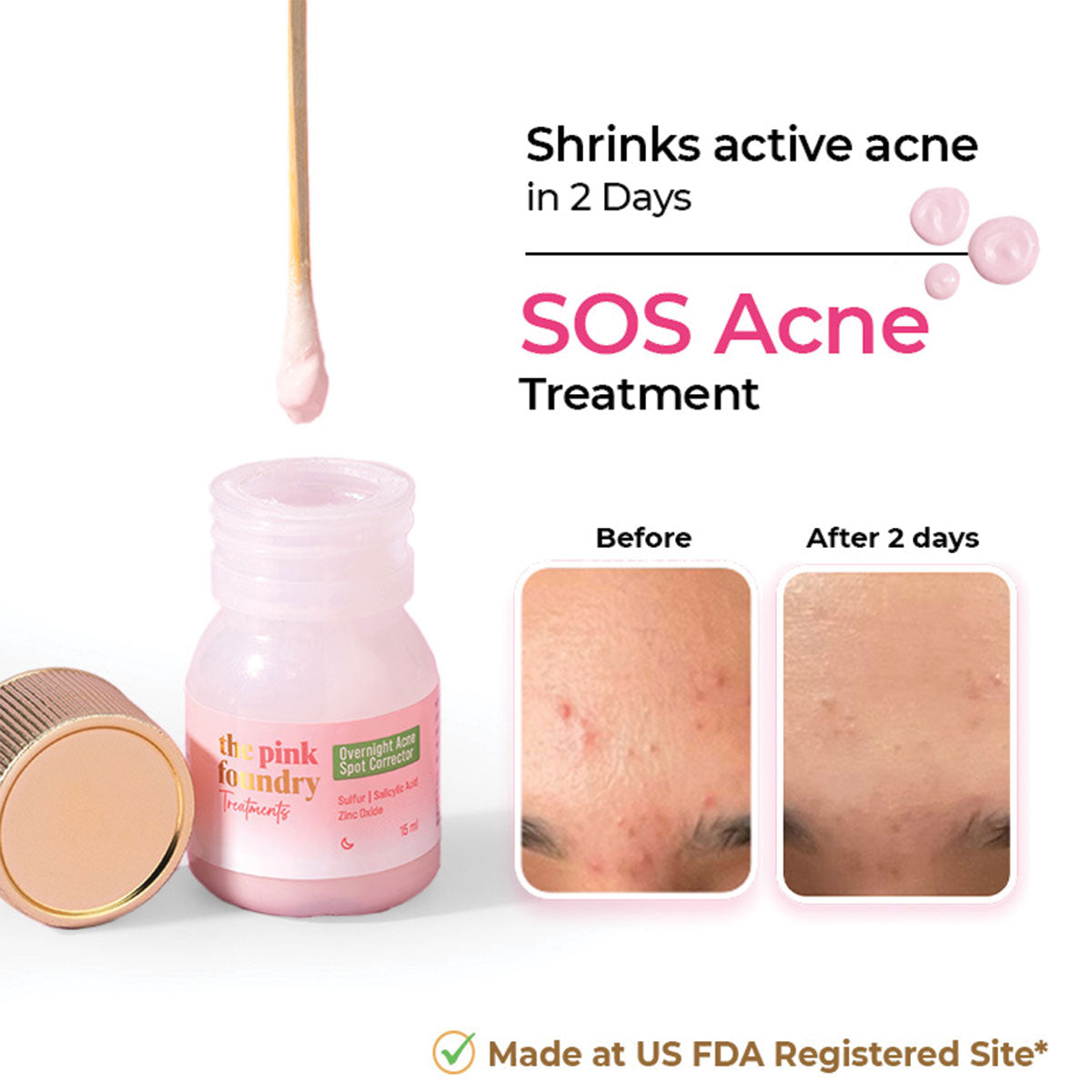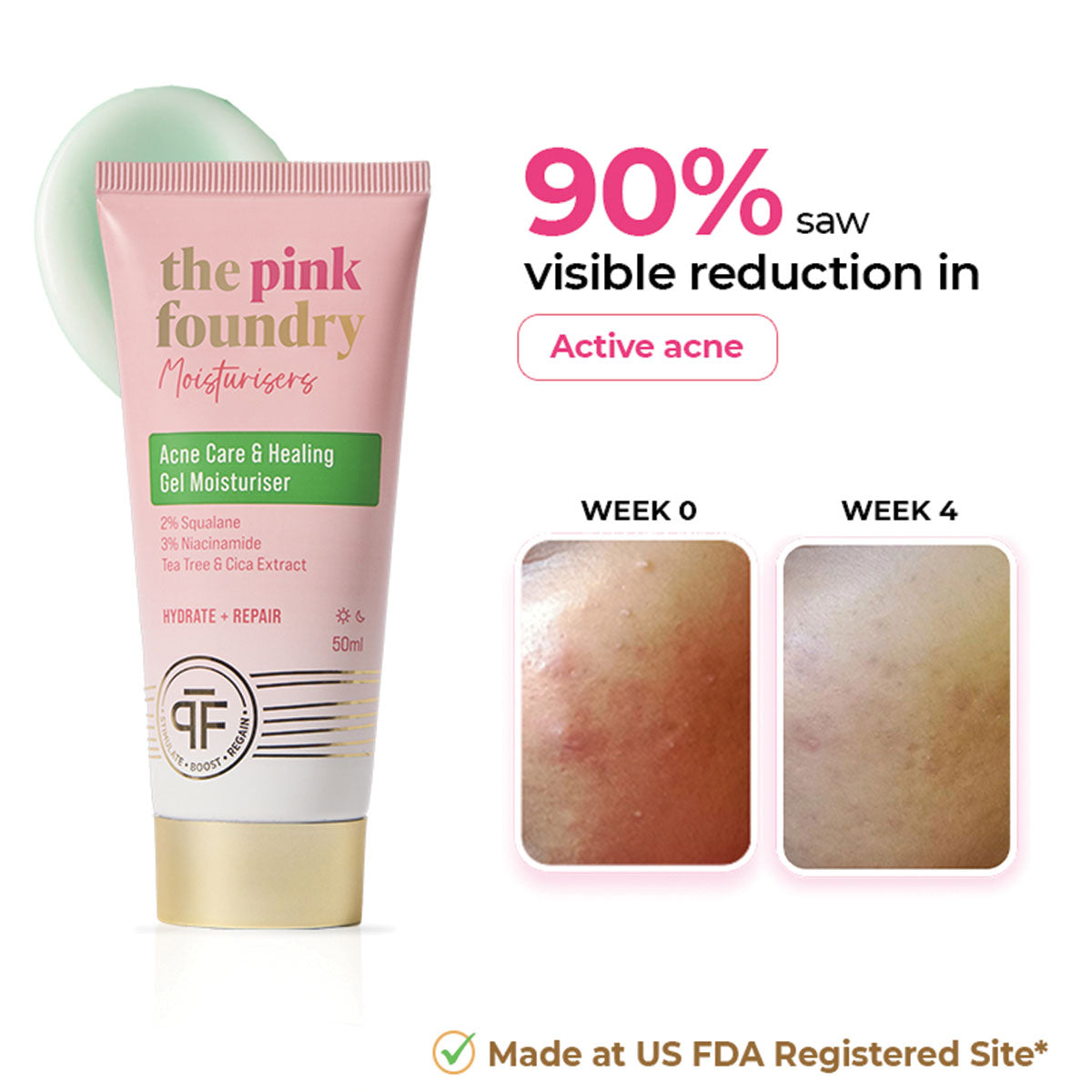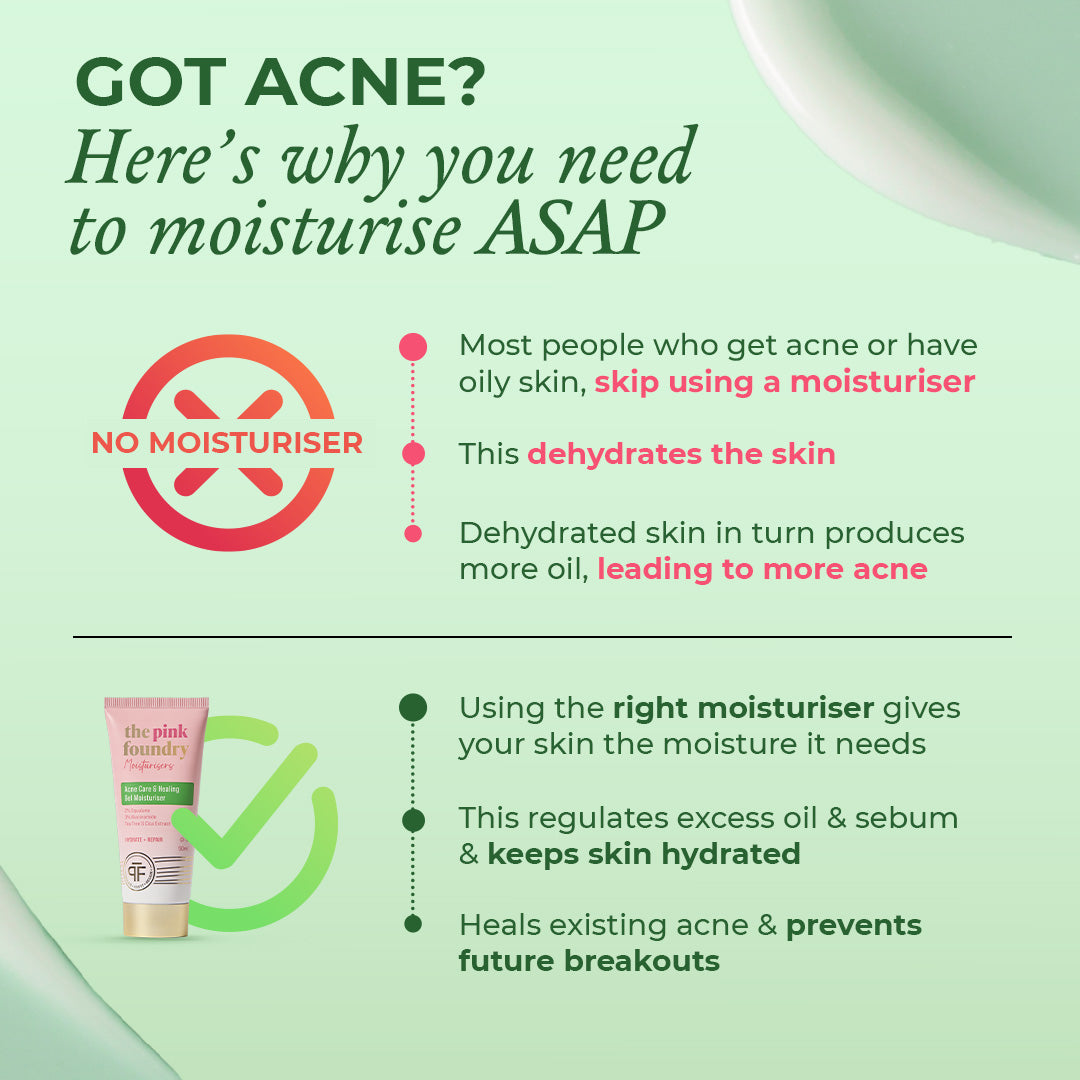
Signs of collagen loss in the face that you need to look out for
Collagen is known to be the most abundant protein in our bodies. It plays a vital role in maintaining our well-being and the structure of our skin, hair, bones, and blood vessels. As we keep on growing old, the production of collagen decreases naturally. It leads to the appearance of wrinkles and a decline in total tissue strength. However, some symptoms might suggest a massive deficiency.
You can pretty much say that collagen is the building block of your body. However, as we grow older, its levels tend to decrease. And external factors can also show signs of collagen loss in face. Before discussing the symptoms of collagen loss in the face, let’s gather some crucial information about the topic.
What is collagen loss?
Even though the level of collagen decreases as we grow old, not everyone will experience a deficiency. It is when the body does not have sufficient protein to function ideally. This implies that you will go through the impact way more severely and earlier in your life.
Therefore, it is crucial to understand what affects collagen production and when you have to take action to boost the levels. For example, carbs and smoking will trigger further loss of collagen.
What are the signs of collagen loss in the face?
There is no definitive test to diagnose any kind of collagen deficiency. However, there are various symptoms and signs that one may easily understand. Here are some of the things you need to be on the lookout for:
-
Wrinkles and fine lines
As collagen production reduces, the skin loses its firmness and elasticity, developing fine lines and wrinkles, especially around the mouth, forehead, and eyes. While wrinkles are a natural part of the ageing procedure, the premature appearance or rapid progression might indicate a deficiency.
-
Slow muscle recovery
If you are an active person who exercises regularly, you will be familiar with the pains and aches that come with muscle recovery. Collagen works to repair the muscles and also assists with their flexibility. A deficiency will not only contribute to a longer muscle recovery time, but it might also result in you losing muscle mass.
-
Thinning skin
Collagen usually assists in maintaining skin hydration and plumpness. When collagen levels are low, the skin becomes dry and flaky and might appear papery and thin. The skin loses its smooth texture and becomes rough to the touch. Dry and fine flakes might appear on the surface, specifically on the forehead, cheeks, and mouth.
Dry and compromised skin becomes more susceptible to irritation and sensitivity from external factors such as weather changes, harsh products, and water changes.
-
Gastrointestinal problems
Leaky gut syndrome, specifically, is connected to collagen deficiency. The intestines have the right junctions, which assist you in absorbing nutrients. However, a leaky gut implies that other particles may slip through the gap, causing inflammation and infection. Collagen is one of the biggest friends here as it helps repair intestinal walls. Therefore, having sufficient collagen in the body is crucial to rebuild the damaged right junctions.
-
Scars and stretch marks
While genetics are crucial in forming scars and stretch marks, collagen deficiency can massively worsen the look and make them even more noticeable. It offers a structural framework for the skin; when the levels are low, the skin becomes less resilient and elastic.
This kind of reduced elasticity implies that it is more susceptible to learning, leading to the formation of stretch marks during times of rapid growth and weight changes. In addition to that, collagen is vital for scar healing and ideal scar tissue formation. With inadequate collagen, the process of healing is affected. It leads to the development of thicker and hyperpigmented scars.
-
Thin hair
Collagen is there in the hair follicles. It delivers the vital nutrients for healthy hair. Identical to wound healing, a collagen deficiency implies that this delivery is way slower, making the hair look duller and thinner. In addition, a collagen deficiency implies that the body cannot fight off the free radicals as efficiently as before. It can have implications for hair texture.
Also read: How To Increase Collagen In Skin: Our Top 11 Tips
What causes sudden loss of collagen in the face?
Now that you know the obvious signs of it, let us explore some of the reasons for the sudden loss of collagen in the face:
-
Lack of hydration
It is one of the core reasons why you are losing collagen and you need to avoid this at all costs. That implies not just using cosmetic products but also drinking water sufficiently. Our cells require water to regenerate and eliminate the toxins. Consider using a great moisturiser such as the Waterlight Gel Moisturiser 72 Hour Hydration. From offering up to 72 hours of hydration to absorbing into the skin immediately, there are endless reasons to consider this.
-
Avoiding green tea
Professional skincare experts recommend anti-inflammatory and antioxidant infusions such as green tea and ginger. One instance of the benefits is Asian patients who combine a diet rich in phytoestrogens from soy with rigorous use of sunscreen and the advantages of the infusions. Therefore, including green tea as a part of your diet will also work wonders for your skin.
-
No inclusion of SPF
Sunscreens can act as magic wands for your skin. Whether you are going out or not, applying sunscreen can ensure ample benefits. Consider introducing SPF to your skincare as it will act as the strongest shield that protects you from UVA and UVB rays.
Also read: Which SPF sunscreen is best and Does Sunscreen Prevent Tanning
Wrapping Up
With this, we end our article here. These are some of the many signs why you lose collagen on the face. Implement the tips we mentioned above to keep up with this. When to consider these treatments? Well, you need to be on the lookout for the symptoms we mentioned above so you can take steps accordingly and early.









































































Leave a comment
This site is protected by hCaptcha and the hCaptcha Privacy Policy and Terms of Service apply.